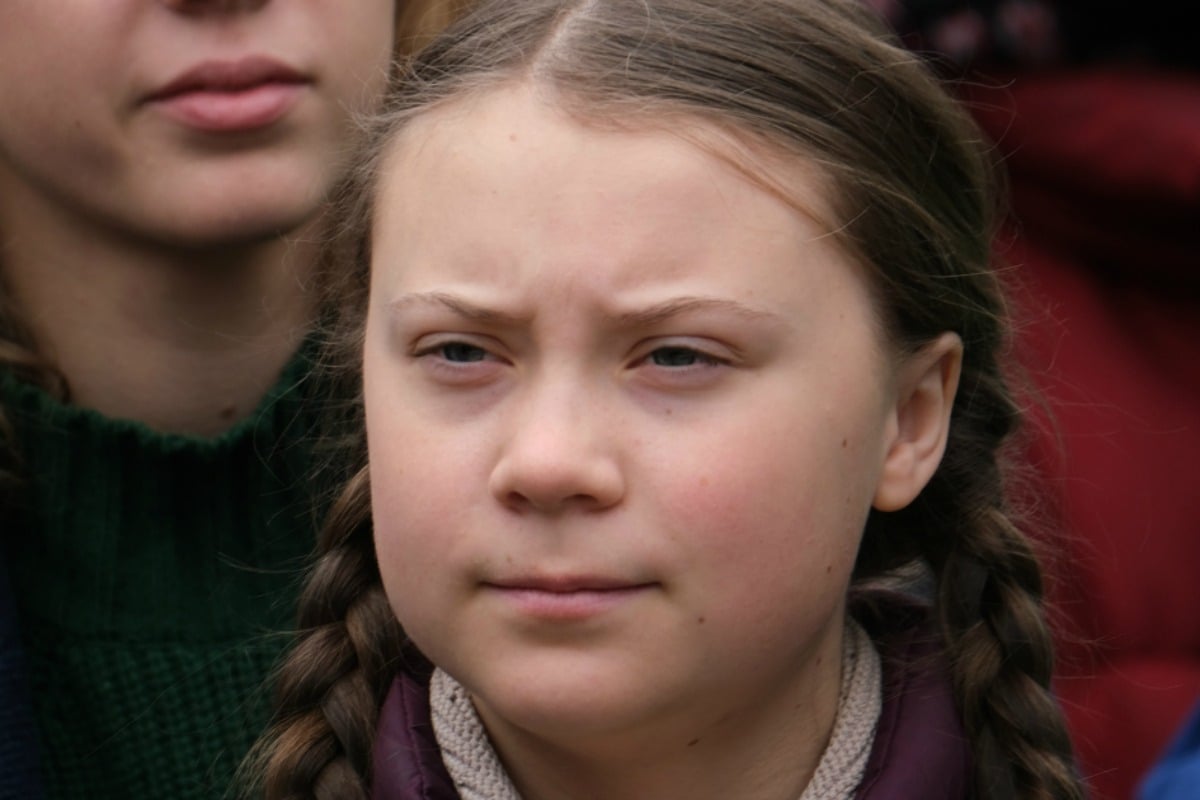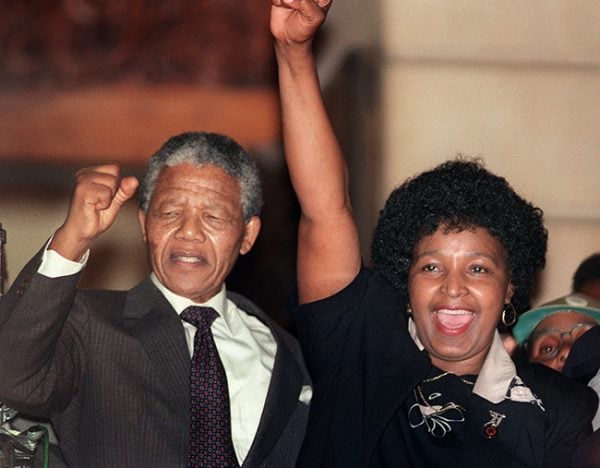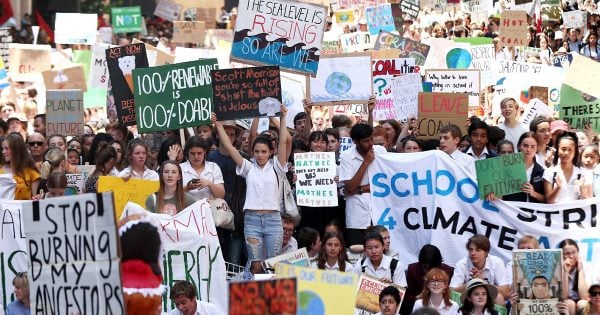
I have come to think of young people as being twice disadvantaged members of society: firstly, they cannot vote, so they have no active political voice, no agency in terms of the decisions and laws that impact their lives and futures. Secondly, they are often diminished, patronised and dismissed as ‘immature’ when they prove time and time again to be wiser and more eloquent than the adults around them. Young people of school-going age are at the height of their capacity for idealism and they know exactly what is fair, and what is not.
On June 16, 1976, when I was a seven-year-old waiting for a train on Kenilworth Station in Cape Town, South Africa, black children all over my country began rioting. Station windows were broken and there was glass everywhere. I didn’t know what was going on. A sign that said ‘Nie-Blankes’ (Non-Whites) lay smashed on the ground.
I didn’t know that the black children of my generation – 20,000 of them in South Africa, were about to set in motion what was the beginning of the end of the Apartheid regime. So why were children rioting, risking their lives, rushing armed police? Because these youngsters, barely older than I was, were being forced, under new legislation, to learn all their lessons in Afrikaans – the language of the oppressor, of the then-minority government, the ruling National Party. And the children were not going to have it.
They were tired of legalised racism, of Apartheid, of being third class citizens, arrested and detained without trial at any time in any place, of dying in detention, of being forced to be slaves to white masters. They were tired of the racist ‘Bantu Education’ designed to ensure they would forever serve as ‘hewers of wood and drawers of water’. Around 700 children were killed by police that day, and June 16 remains a public holiday, ‘Youth Day’ in South Africa, in memory of the children who lost their lives.



Top Comments
Great article thanks for the positive perspective!
Only you forgot to mention that Anning was at a neonazi rally.
♡